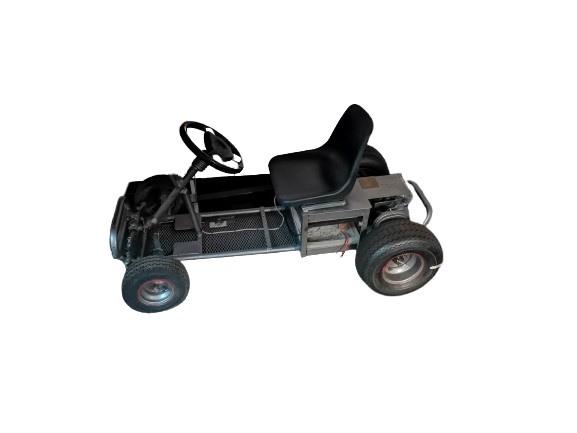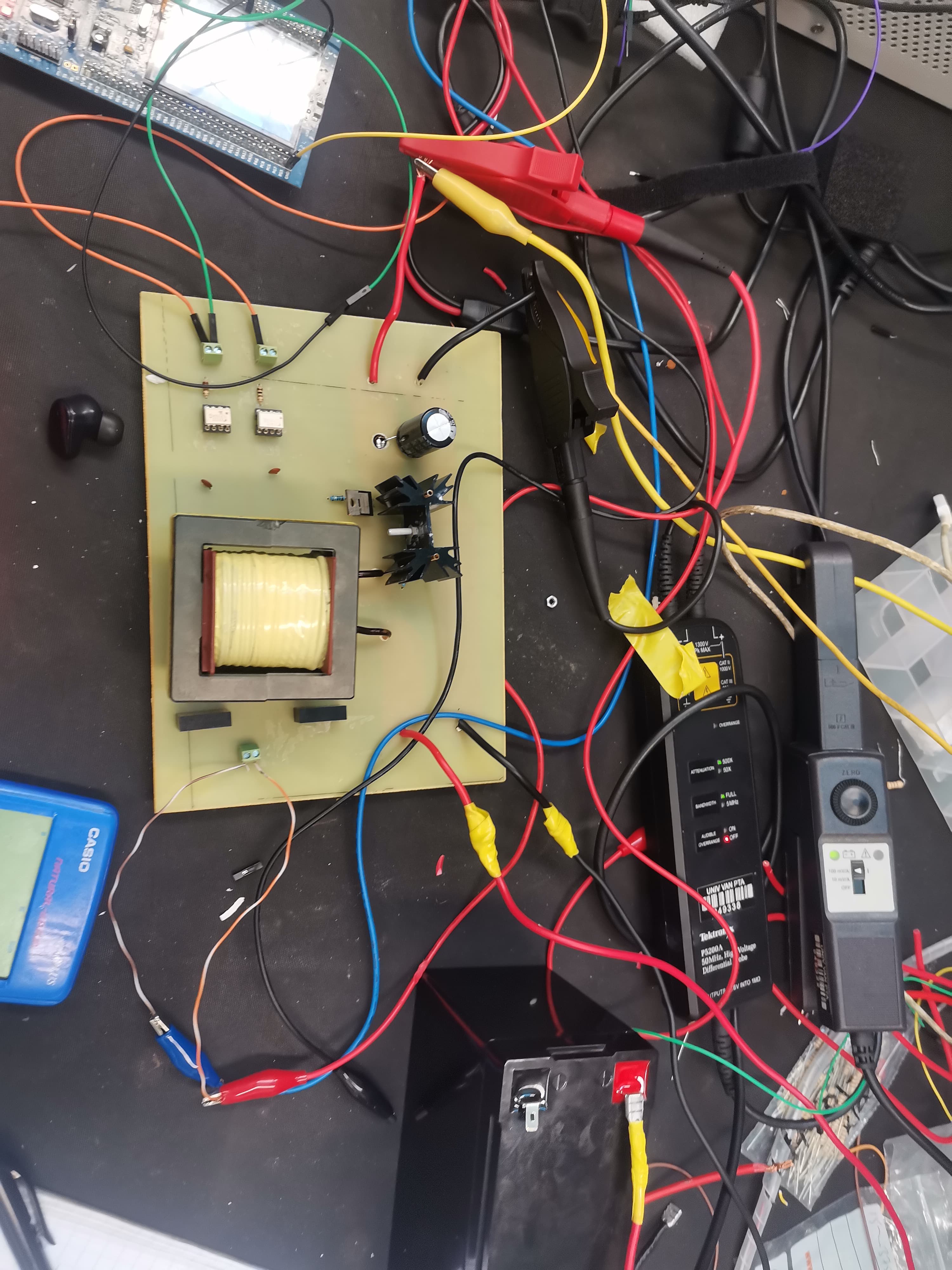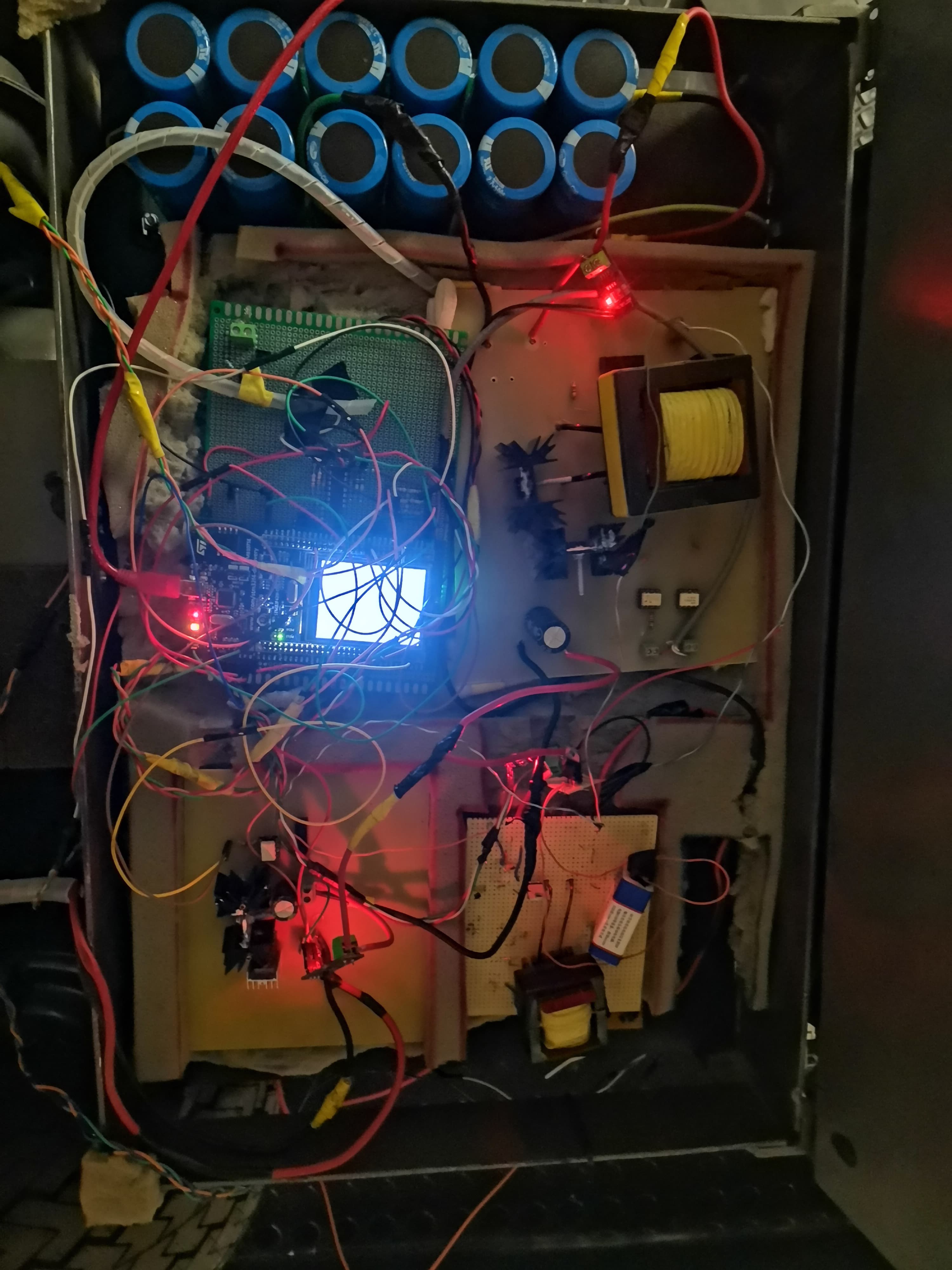Project Overview
This project focused on developing a Hybrid Energy Storage System (HESS) for an electric go-kart. The system combines a supercapacitor and battery to enhance energy efficiency and power delivery and eventually increase economic feasibility of electric vehicles by reducing battery costs . Leveraging advanced control systems and energy management logic, the project addresses key challenges in modern electric vehicle design, including regenerative braking and dynamic load management.
Key Features
- Designed and Implemented a bidirectional DC-DC converter for managing energy flow between the supercapacitor and battery.
- Designed a fuzzy logic-based energy management system for optimizing energy distribution.
- Developed a motor driver and control system for regenerative braking to store energy in the supercapacitor.
- Tested and refined the control system for handling various operational scenarios, such as rapid acceleration and deceleration.
Technical Insights
The HESS setup leverages the complementary strengths of batteries and supercapacitors. The supercapacitor handles high-power, short-duration demands like acceleration and regenerative braking, while the battery provides sustained energy for longer durations. This hybrid approach:
- Prolongs battery life by reducing high-current stress.
- Improves vehicle performance during rapid load changes.
- Maximizes energy recovery during deceleration.
Challenges Overcome
Several challenges were addressed during this project:
- Directing regenerative energy to the supercapacitor without damaging the battery.
- Ensuring seamless integration of the fuzzy logic controller for real-time energy management.
- Managing voltage spikes in the H-bridge to protect MOSFETs.
Project Gallery



Project Videos
Project Outcomes
The HESS go-kart demonstrated improved energy efficiency and vehicle performance compared to traditional battery-only systems. Key outcomes, based on the internal resistance battery model, include:
- 14.6% improvement in acceleration response.
- 1.7% Increased energy recovery efficiency during regenerative braking.
- 2.1 % Enhanced battery lifespan by reducing high-current demands.
- 2.7 increase in the vehicle range due to increased battery use efficiency